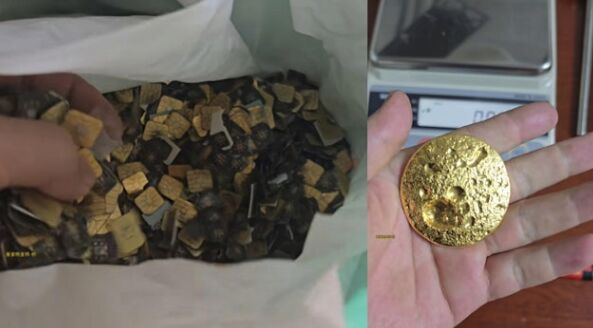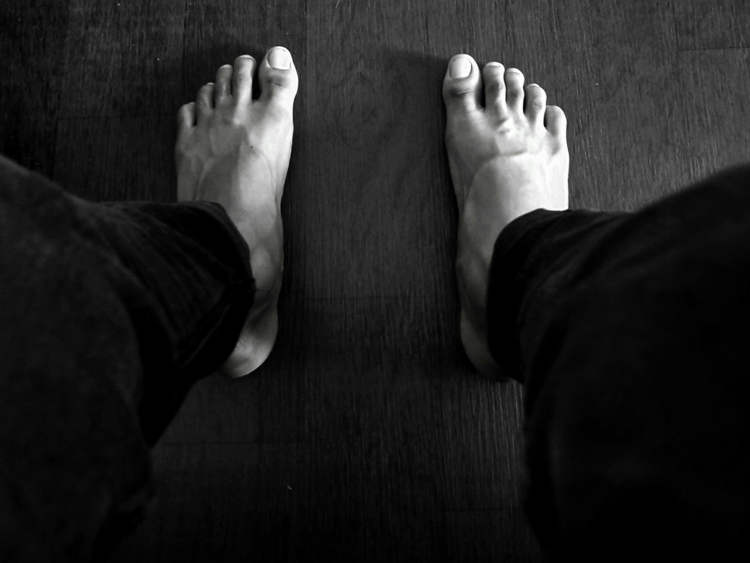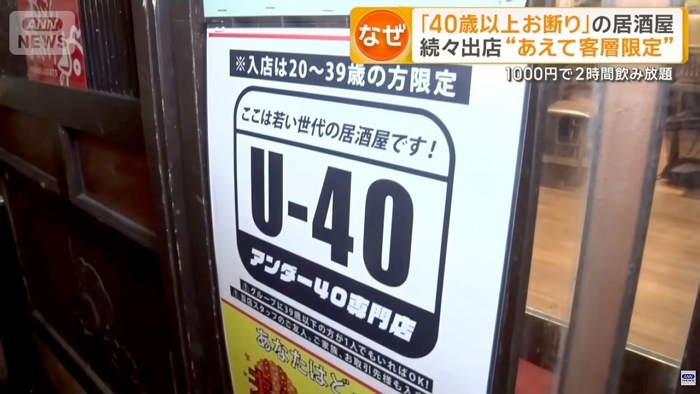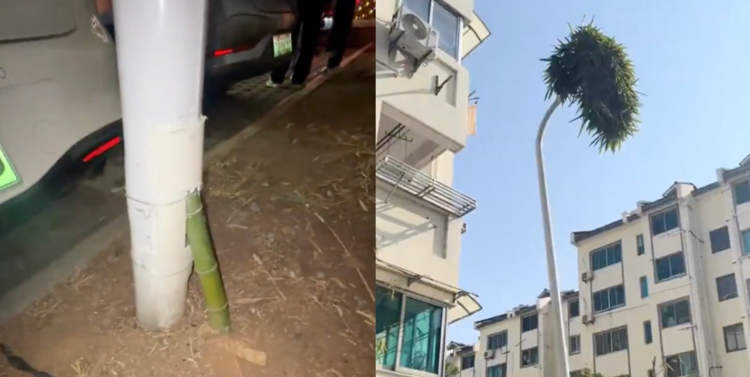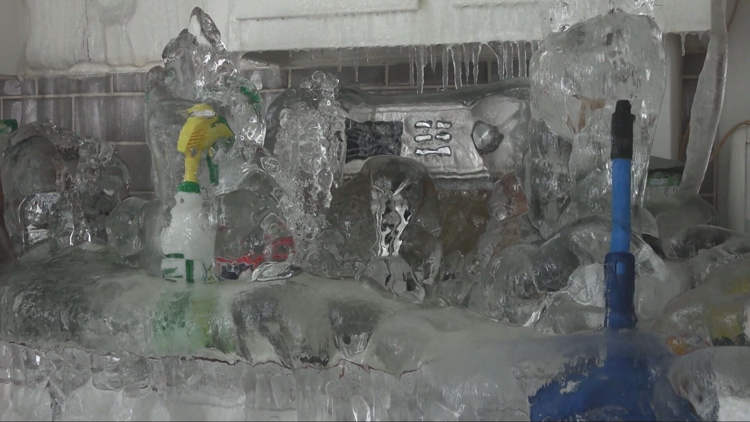A couple of Australian surfers have come up with a creative solution to clean up polluted oceans – they’ve designed an automated trashcan that can suck up floating garbage, right from plastic bottles, to paper, oils, fuel, detergent and more.
Andrew Turton and Pete Ceglinski, who spent their childhood around the ocean, said they were frustrated with the increasing amount of rubbish they encountered in the water. So they quit their jobs to design a prototype bin in Perth, with the help of seed investors Shark Mitigation Systems. Once ‘Seabin’ was ready, they introduced it in Mallorca, Spain, the marina capital of Europe. They’re now trying to raise more money through crowd funding for commercial production. The idea’s been very well received – they’ve already raised over $70,000 and a Seabin promo video has attracted over 10 million views.
So how does it work? Seabin, a cylinder made from recycled materials, is fixed to a dock with a water pump running on shore power. It floats upright with the open end level with the water’s surface. The pump creates a flow of water into the bin, sucking in all the floating rubbish into a natural fibre bag and then pumping clean water back out. “It essentially works as a similar concept to a skimmer box from your pool filter,” explained Richard Talmage, a spokesperson for ‘Seabin’. “But it’s designed on a scale to work and essentially attract all that rubbish within a location within a marine harbour.”
“The Seabin is more efficient than a marine worker walking around with a scoop net,” said Ceglinski, adding that ports, marinas, and yacht clubs are good places to start cleaning up the ocean. “By working with these marinas, ports and yacht clubs we can locate the seabin in the perfect place and mother nature brings us the rubbish to catch it. Sure we cant catch everything right now but its a really positive start.” The device is meant to improve expensive ocean cleaning methods like trash boats driving around harbours to scoop up rubbish in large nets.
Ceglinski and Turton hope that their invention will prevent toxic substances from floating out into the deep ocean and affecting marine life. “The majority of my childhood was spent in the water,” Pete said. “There’s nothing worse than being out there surrounded by plastic. The Seabin project is helping create a better way of life for everyone and every living thing.”
And they don’t want the mass production of Seabin to affect the environment either, so they’ve set up an R&D centre in Mallorca to develop production techniques. “We want to build it in the most sustainable and ecologically responsible way we can, but to do that it’s quite expensive so we thought to give crowd funding a go,” Ceglinski said.
“We also went to the METSTRADE show, which is the biggest trades show in the world for the marine industry,” he added. “From that we found a few people who want to help us with manufacturing and we’ve also been in contact with lots of mariners and governments around the world.” If everything goes according to plan, Seabins could be available in the market in late 2016. It can be pre-ordered through Indiegogo for $3,825.
That sounds pretty expensive, but you can expect the price to go down considerably once Seabin takes off and large orders start coming in.
Photos: The Seabin Project
via ABC Australia








